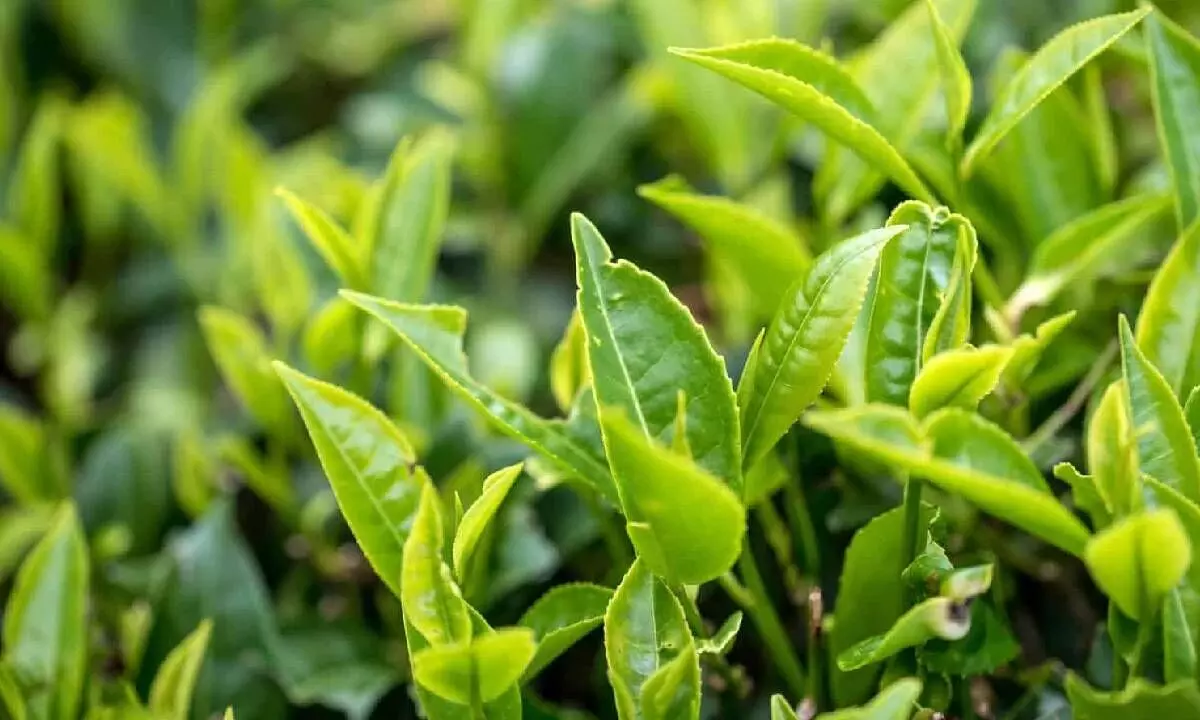Prospects brighten for Indian tea exporters after foray into new markets
It’s a case of ‘you win some, you lose some’, when it comes to Indian tea exports in the global market.
image for illustrative purpose

It’s a case of ‘you win some, you lose some’, when it comes to Indian tea exports in the global market. Its performance this year is nothing to write home about. In fact, it dropped by nearly 10 per cent with challenges coming up even from Iran. In statistical comparative terms, the country’s tea exports registered nearly 15 per cent growth in FY22 at 226.98 million kg. A silver lining has been that Indian tea exporters have forayed into new markets like Iraq, Turkey and Jordan, where Indian teas are replacing the Sri Lankan variety. The gamble and huge risks taken by Indian exporters are paying off and there are expectations that shipments to Iraq, Turkey and Jordan will pick up from next year, if things move the right way. It should be noted that tea auction prices as well as exports remained depressed this year due to geo-political tensions, particularly because of the strife in West Asia and the Russia-Ukraine war. Industry experts think that all these developments will have to be seen alongside other developments.
For instance, tea auctioneers from across the country came together to set up the Association of Tea Auctioneers (ATA), which will work for the smooth functioning of the auctioning system in the country. The Indian tea aauction system sells about 40 per cent of all the tea produced in the country with the auctioneers playing a major role. The 'manual outcry' tea auction returned to Kolkata on Friday, 12 years after cries of bidders and the sound of gavels fell silent in the city's tea-trading hub to make way for the sleek but silent e-auction. ATA organised the physical auction to mark the launch of the association and to explore an alternative model of tea selling that involved human touch. The history of physical tea auction is over 150 years old but the last one was held in the city in 2011. The recent ceremonial manual auction of about 650 lots of Assam orthodox tea totalling 3.60 lakh kg was a symbolic one. In the age of e- auction, the historic event witnessed an enthusiastic lot of buyers putting in bids.
Interestingly, ATA promises to be the first-of-its-kind institution of registered auctioneers in India and the primary activities of the association is to promote the welfare and safeguard the rights and the interests of the tea auctioneers in both north and south India. It will also deal in all matters connected with the auctioneers and the auction process in India. Approximately 13 tea auctioneers, licensed by the Tea Board, including majors auctioneers like J Thomas, Contemporary Brokers and Parcon, formed the ATA. At the end of the day, what is important is that tea exporters and other stakeholders must keep other options, including that of exploring newer markets, open, so that if anything goes wrong with one or two markets, they can bank on other markets to make up for the losses. It is a strategy that is bound to keep the sector in good stead.

